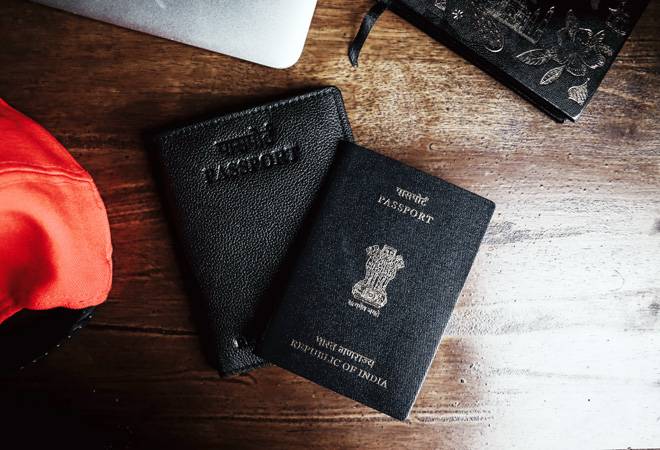The Indian Government is changing their visa policies for the US. For instance, if you are an American citizen and planning to visit India on business and stay for more than 180 days, you will need a Business Visa. The INDIA TOURIST VISA is being discontinued because it is unnecessary and constitutes a burden on resources.
The Role of Indian Visa
There are two types of visas that foreigners need when visiting India: a tourist visa and a business visa. To get a tourist visa, you must first have a confirmed reservation at an approved hotel in India. You also need to show an onward ticket, proof of funds, and your passport photo. To get a business visa, you must have an invitation letter from a company in India or proof of financial support from a company in India. Both types of visas require you to provide your passport and proof of identity. Indian Visa Application for Tourist Visa
What To Do if You Need an Indian Business Visa
If you are a foreigner planning to visit India for tourism purposes, you do not need an Indian business visa. However, if you are intending to conduct business in India, you will likely need an Indian Business visa.
There are several types of Indian Business visas that may be appropriate for your specific needs. Our team at VisaHQ can assist you in determining which type of business visa is right for you.
Depending on your nationality and the purpose of your visit, some other factors that may affect your eligibility for a business visa include whether or not you have funds available in India, whether or not you have a sponsor in India, and whether or not the activity that you intend to engage in is covered by an exemption from registration with the Foreign Investment Promotion Board (FIPB).
The Requirements for a Tourist Visa
Tourist visa requirements are similar for all nationalities, with the exception of citizens of Cuba. A valid passport is required for all nationals except Cubans, who must present a valid Cuban passport. For U.S. citizens, a valid driver’s license and state or federal ID may be sufficient. Some countries require proof of financial stability, usually in the form of a bank statement or recent pay stub. The length of the tourist visa varies by country and can range from 30 days to six months. Indian Business Visa
How to Apply for a Tourist Visa
To apply for a tourist visa, you must meet certain requirements and submit an application. The most common type of visa is a tourist visa, which allows visitors to stay in the country for a specific period of time. Other types of visas include business visas and student visas.
To apply for a tourist visa, you must meet certain requirements and submit an application. The most common type of visa is a tourist visa, which allows visitors to stay in the country for a specific period of time. Other types of visas include business visas and student visas.
The first requirement is that you must have a valid passport from your home country. You will also need to provide proof of your travel plans and identification documents such as your driver’s license or passport photo. If you are applying online, you will need to upload these documents to the application form.
After you have met these requirements, you can apply for a tourist visa by submitting an application at the nearest embassy or consulate. You should request information about the required paperwork before making an appointment so that you can avoid long wait times at the embassy or consulate.
The Requirements for a Business Visa
A tourist visa is a type of visa that is issued to visitors who are intending to stay in the country for no more than 90 days. A business visa, on the other hand, is a type of visa that is issued to individuals who are intending to stay in the country for an extended period of time, usually more than six months. There are several requirements that must be met in order to qualify for a business visa.
One requirement is that the company that the individual is working for must be registered with the government. Additionally, the company must have a physical presence in the country and be able to demonstrate significant investment in the local economy. Finally, the individual must have a valid passport and proof of financial stability.
